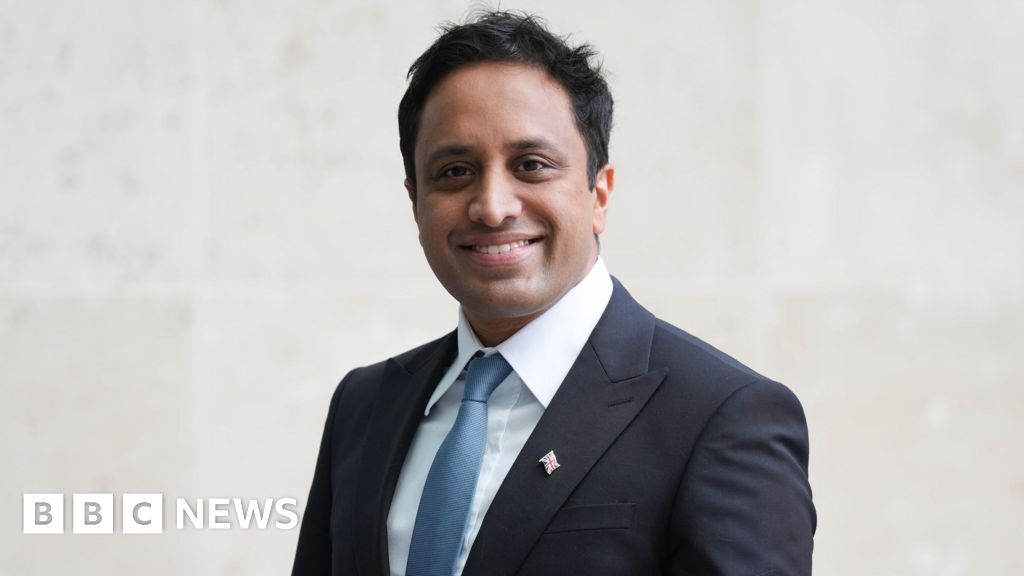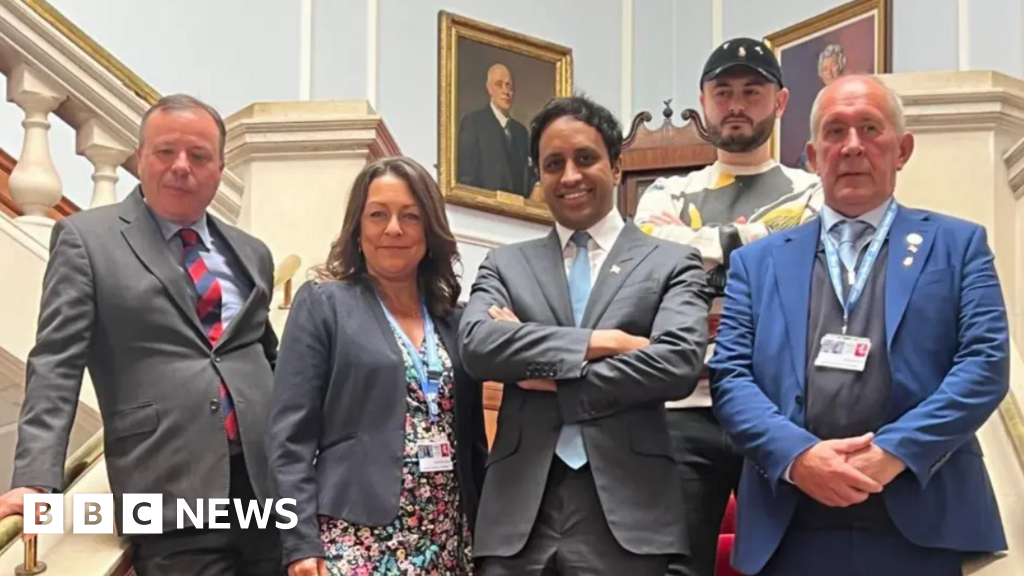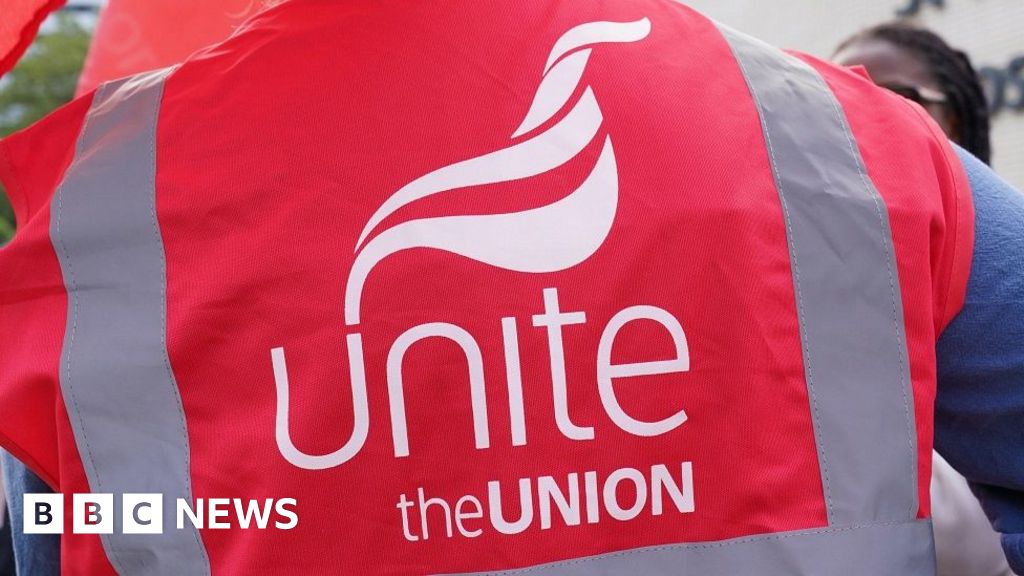ARTICLE AD BOX
image source, UK Parliament
image captionLord Deben told a Parliament committee councils needed to think of climate change in everything they doStreet lights should not be installed in rural areas where people could use a torch instead, an influential climate adviser said.
Lord Deben chairs the Climate Change Committee, which advises the government on emissions targets.
He also said councils should not allow housing developments where residents would commute by car.
Lord Deben said local authorities "must be looking at everything they do" to tackle climate change.
Giving evidence to Parliament's Housing, Communities and Local Government Committee, Lord Deben said: "The pressures to urbanise the countryside are largely antagonistic to dealing with climate change."
He said streetlighting in rural areas was unnecessary, adding: "When people move into the countryside you just have to say to them, 'this is not the town, we do not have street lighting in this village, you have a torch, that's just how we do it'."
But Lord Deben, who was environment minister under John Major and Suffolk Coastal MP until 2010, said streetlighting was important in towns where it can make people feel safer and more likely to walk.
'SUVs unnecessary'
Lord Deben told the committee councils should look at cities, towns and near railway stations for large housing developments.
"You've got to plan your future around hubs so that people can get to work on their feet or a bicycle, not by car," he said.
The former chairman of the Conservative Party also said for many people who buy a SUV, the car was "unnecessary" and called for them to be taxed more heavily.
"They are not driving over terrain, it's become a fashion, and we have to recognise there is a cost to that and we have to charge that," he said.
Lord Deben told the committee central government needed to be in partnership with councils to cut emissions to zero overall by 2050.
"We've got to be radical and very direct because we don't have any time," he said.
"We need a planning act which fully represents the facts that we are signed up to net zero internationally and nationally, otherwise we're not going to do it."
Find BBC News: East of England on Facebook, Instagram and Twitter. If you have a story suggestion email eastofenglandnews@bbc.co.uk
The BBC is not responsible for the content of external sites.

 3 years ago
93
3 years ago
93








 English (US) ·
English (US) ·